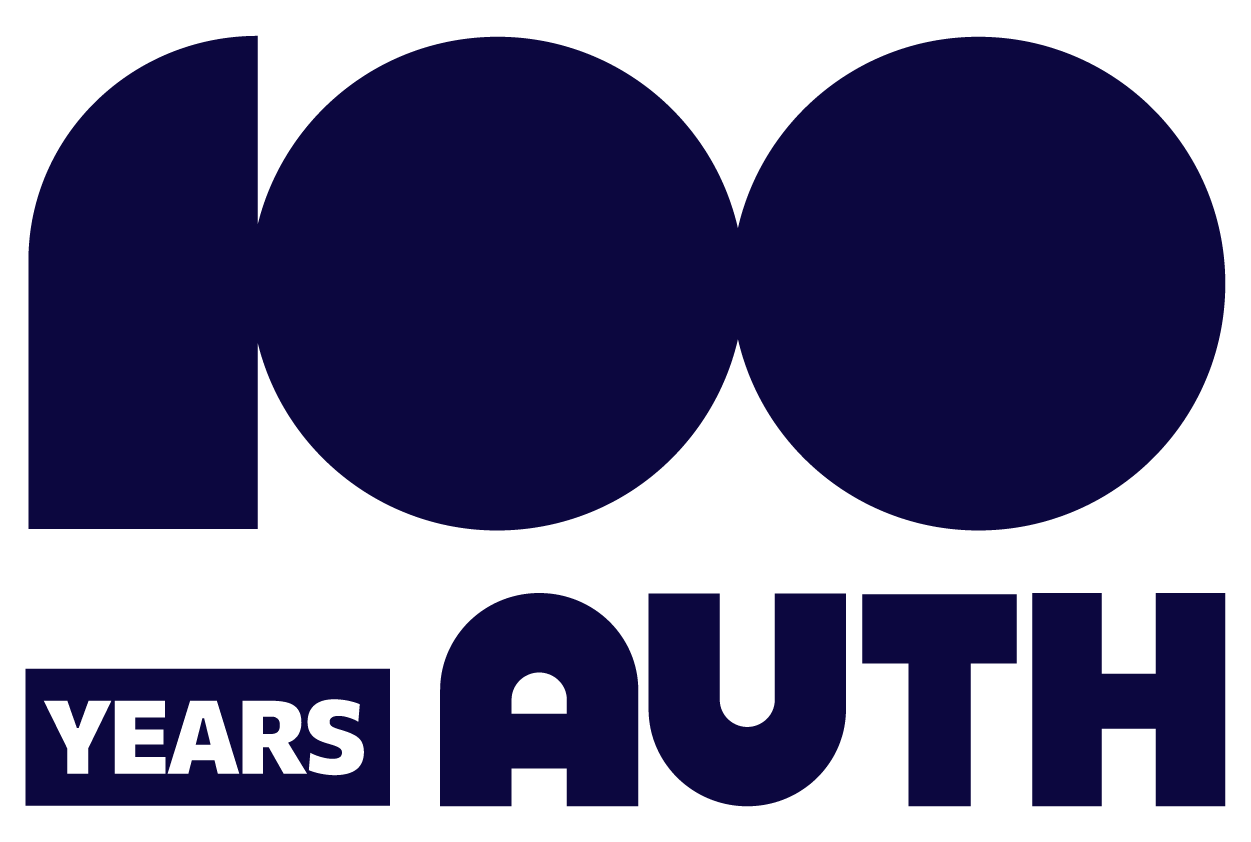
The advent of a new century offers an adequate, albeit arbitrary, opportunity to think of our most recent past, to re-assess some of its political, social and literary achievements and failures. The aim of this course is to provide a broad survey of recent developments in the field of anglophone drama around the globe, discuss differences and similarities in terms of style, thematics, ideology, concerns, etc. as well as problems and possiblities generated by the eruption of this pluralism. For example, to what extent is cultural hybridity a liberating force? Does, in any way, mask a new system of hierarchies? Is it deployed on behalf of the dominant? How does the appeal to anti-essentialist models and plural alliances re-negotiate fundamental differences amongst peoples, nations, ideologies, cultures etc? How do oppositional movements affect the "centre"? Or is it left "untroubled" to propagate the key strategy in colonial management¯"divide and rule"? Etc, etc, etc. For more, join us this coming semester.
PRIMARY SOURCES
Sam Shepard. True West (American)
Marsha Norman. The Holdup (American)
Charles Mee. Big Love (American)
Athol Fugard, The Island (South African)
Ola Rotimi. The Gods are not to Blame (Nigerian
Adrienne Kennedy. The Funnyhouse of a Negro (African American)
Tomson Highway. Rez Sisters (Indian Canadian)
Jane Taylor. Ubu and the Truth Commission (South African)
Derek Walcott. A Branch of the Blue Nile (Trinidad)
Sharon Pollock. Blood Relations (Canadian)
Guillermo Verdecchia. Fronteras Americanas (Argentinean Canadian)
Week 1.
Cultural background. Globalization. Trends and resistances.
Key words: hybridity, pastiche, mobility, de-hyphenation, nationalization, de-nationalization
Cultural background continued. Globalization. Beyond the nation-sate
Problematics of contextualizing a play (how to read a play in relation to its era).
Key words: Cultural historicism. Postmodernism. Cosmopolitanism
Week 3
Imagining the nation
Key words: Grand narratives, archives, traditionalism
Sam Shepard. True West (American)
Week 3
RE-examining national myths
Key words: Grand narratives, archives, traditionalism, gender
Marsha Norman. The Holdup (American)
Visit to theatre. Playing “critic”.
Week 4.
Examine the question of: Exile, Political asylum, The other
Key words: otherness, borders, citizenship, subjecthood
Charles Mee. Big Love (American)
Week 5
The politics of myth 1
Key words: appropriation, re-activation, freedom
Athol Fugard, The Island (South African)
The politics of myth 2
Key words: appropriation, re-activation, selfhood
Ola Rotimi. The Gods are not to Blame (Nigerian)
Visit to theatre: playing critic
Week 7
The otherness of color
Key words: race, deracialization, belonging, oneness, selfhood, subject position
Adrienne Kennedy. The Funnyhouse of a Negro (African American)
Week 8
Indian otherness
Key words: race, deracialization, belonging, oneness, selfhood, subject position
Tomson Highway. Rez Sisters (Indian Canadian)
Week 9
Political theatre
Key words: hypridity, oppression, revenge, democracy
Jane Taylor. Ubu and the Truth Commission (South African)
Week 10
The (im)possibilities of decolonization
Key words: appropriation, subject position
Derek Walcott. A Branch of the Blue Nile (Trinidad)
Week 11
About subject positions
Key words: whiteness, class, gender
Sharon Pollock. Blood Relations (Canadian)
Visit to theatre: playing critic
Week 12
Subjecthood-nationhood
Key words: pastiche, hybridity, crossing, borders
Guillermo Verdecchia. Fronteras Americanas (Argentinean Canadian)
Week 13
Concluding comments. Necessary comparisons.
Week 14
Wrapping up by raising numerous questions. i.e After the nation, what? Can people live in a borderless world? Can people learn how to handle the reservoir of their memories differently? Can people fight provincialism? Can people discover new zones of togetherness? How do myths function?
THEATRE(S) IN ENGLISH
Lit. 459
A SELECT BIBLIOGRAPHY
Ashcroft, B., G. Griffiths, and H. Tiffin. The Empire Writes Back: Theory and Practice in Post-colonial Literatures.
Ashcroft et al., eds. The Post-Colonial Studies Reader
Bhabha, Homi. The Location of Culture
Bharucha, R. Theatre and the World.
Birringer, Johannes. Theatre, Theory, Postmodernism.
Bourdieu, Pierre. The Field of Cultural Production
Butler Judith. Bodies That Matter
Calhoun, Craig. Social History and the Politics of Identity
Chow, R. Writing Diaspora: Tactics of Intervention in Contemporarty Cultural Studies.
Davis, Geoffrey V. and Anne Fuchs, eds. Theatre and Change in South Africa.
Eagleton, Terry. Ideology of the Aesthetic.
Fanon, Frantz. The Wretched of the Earth.
---------------. Black Skin, White Masks
Gilbert, Helen, ed. Postcolnial Plays: an Anthology.
Gilbert, Helen and Joanne Tompkins. Postcolonial Drama.
Greenblatt, S. Marvelous Possessions: The Wonder of the New World.
Kelly, Veronica, ed. Our Australian Theatre in the 1990s.
Kingh, Bruce. Derek Walcott and WEst Indian Drama
Kristeva, Julia. Powers of Horror: An Essay on Abjection
Maufort, Marc and Franca Bellarsi, eds. Crucible of Cultures
Maufort, Marc, ed. Staging Difference
Moore-Gilbert, Bart. Postcolnial Theory
Novy, Marianne. Cross-cultural Performances
Pavis, Patrice. Theatre at the Crossroads of Culture
Said, Edward. Orientalism
Salhi, Kamal, ed. African Theatre for Development
Stallybrass, P. and A. White. The Politics and Poetics of Transgression
Ukpokodu, I. P. Socio-Political Theatre in Nigeria.
Urry, J. The Tourist Gaze: Leisure and Travel in Contemporary Societies.
Wagner, A. ed. Contemporary Canadian Theatre.
Wallace, R. Producing Marginality: Theatre and Criticism in Canada.
Wertheim, Albert. The Dramatic Art of Athol Fugard
Wilentz, G. Binding Cultures: Black Women Writers in Africa and the Diaspora
Yajnik, R. K. The Indian Theatre: Its Origins and Its Later Developments Under European Influence.
Yarrow, Ralph. Indian Theatre.
Note: In addition to the books on this reading list students are strongly encouraged to consult periodical sources as well, like MODERN DRAMA, THE DRAMA REVIEW, THEATRE JOURNAL, THEATRE SURVEY, PERFORMING ARTS JOURNAL, THEATREFORUM among others.